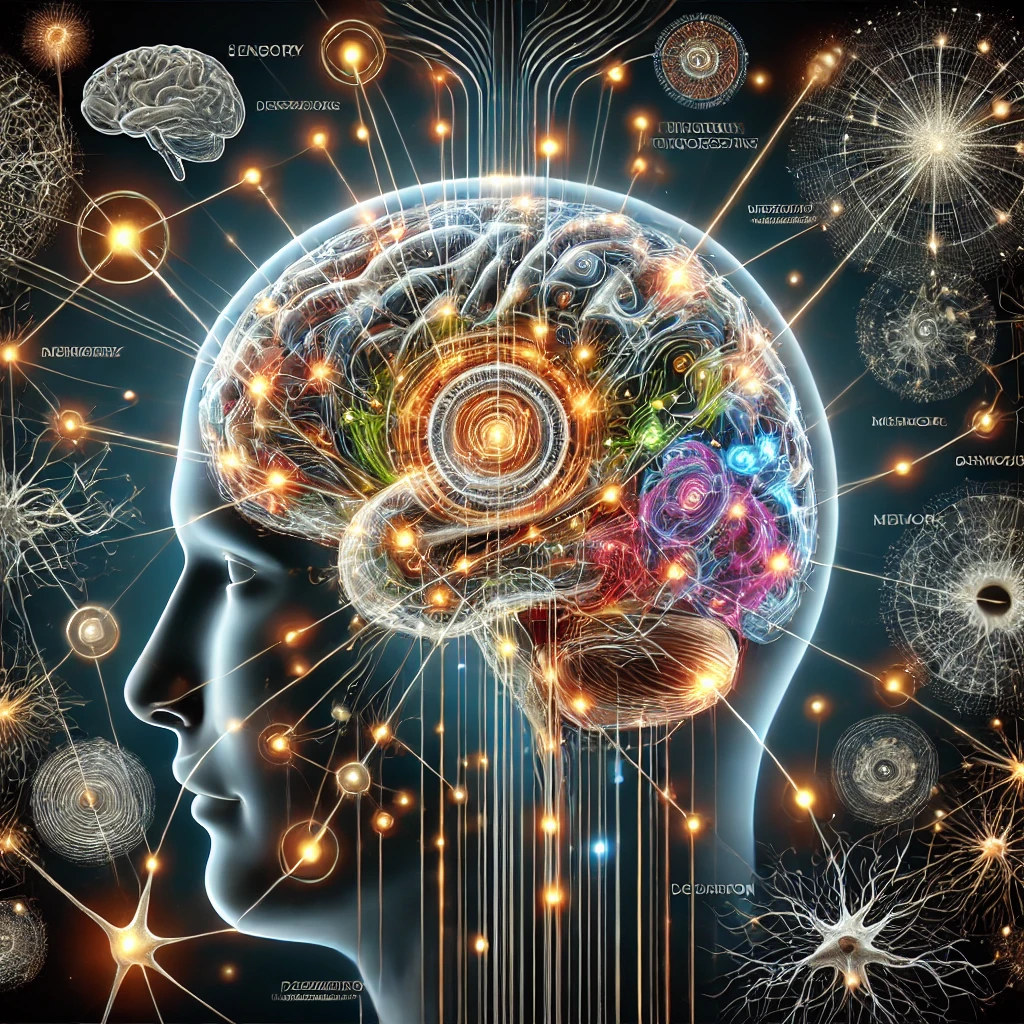How Does the Brain Process Information?
Article Source: ScienceDirect

Why you should care:
Our brain is like a supercomputer, constantly processing tons of information every second. But have you ever wondered how it actually does that? Understanding how our brain processes information helps us learn better, make smarter decisions, and even improve how we interact with the world around us. This topic is super important because it affects everything we do every day!
Answering the question… How Does the Brain Process Information?
The researchers wanted to figure out exactly how the brain handles all the information it gets. They discovered that the brain processes a whopping 11 million bits of information every second, but we’re only aware of about 40 bits of it! They wanted to see how this massive amount of data gets filtered down to what we actually notice, and how our brain decides what’s important.
How was the study done?
The study was conducted using a combination of brain imaging techniques and behavioral experiments. Researchers observed how participants responded to various stimuli, tracking which parts of the brain were activated. They measured the speed and accuracy of the brain's responses, analyzing how information was processed from initial perception to conscious awareness.
What was discovered?
- 11 Million Bits Processed Per Second: The brain handles an incredible 11 million bits of information every single second, but only 40 bits of this reach our conscious awareness. This shows how selective our brain is in filtering out unnecessary information.
- 95% of Decisions are Subconscious: The study found that 95% of our decisions are made subconsciously. This means most of our choices happen without us even realizing it, guided by automatic brain processes.
- Attention Span of 8 Seconds: Our attention span has been measured at around 8 seconds—that's less than a goldfish! This short span means the brain has to quickly decide what’s worth focusing on and what can be ignored.
- Sensory Overload Management: The brain prioritizes sensory information based on survival instincts, like detecting danger, which is why we might notice sudden loud noises or quick movements more than other stimuli.
- Multitasking Myths: Despite popular belief, the brain isn’t good at multitasking. The study showed that when we try to focus on multiple things at once, our brain’s efficiency drops by 40%, leading to more mistakes and slower processing.
- Emotional Processing: Emotions play a huge role in what information the brain considers important. Emotional experiences are 1000 times more likely to be stored in long-term memory, influencing future decisions and behaviors.
Why does it matter?
These discoveries are crucial for fields like education, marketing, and mental health. By understanding how the brain filters and prioritizes information, educators can design better learning environments, marketers can create more effective ads, and mental health professionals can develop strategies to help people manage information overload. Knowing how our brain works helps us navigate a world full of information more effectively, making us more aware of our choices and improving our overall well-being.
